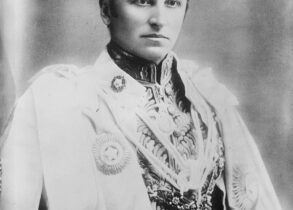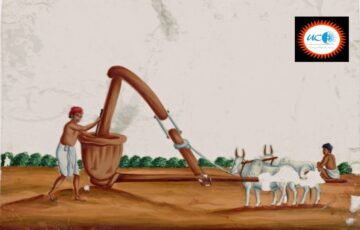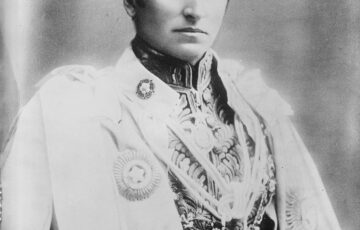Discuss the contributions of M.K. Gandhi to the Indian National Movement.
Mohandas Karamchand Gandhi (2 October 1869 — 30 January 1948) fondly called Mahatma Gandhi was a lawyer by profession. However, his name is more popular in anti-colonial nationalism and as a political ethicist who employed nonviolent resistance to lead the successful campaign for India’s independence from British rule and in tum inspired movements for civil rights and freedom across the world.
Positive Contribution:
- Pan Indian leadership: Starting with the Rowlett Act Satyagraha (1919) Gandhi provided pan Indian leadership to the national struggle. Congress before hint was divided into moderate and extremist Said however his strategies appealed to both the section who readily adopted him as national leader.
- Organizational Character to Congress: In Nagpur Session of Congress (1920) at the instance of Gandhiji, a small working committee of 15 members was created to carry out day to day administration of the Congress.
Further Mohalla committees on linguistic lines were created to spread political awareness throughout India.
- Future leadership: Gandhiji provided a rock solid second rung leadership to national freedom struggle. Some of India’s foremost leaders such as Jawaharlal Nehru, Rajendra Prasad, Sardar Patel etc. were handpicked by Gandhiji to lead the national struggle. Hence Gandhiji was a visionary leader who not only sought the benefit of his contemporary generation but also of future generations.
- Value based struggle: Gandhi provided the ideology of Ahimsa (nonviolence) and values of tolerance and coexistence to Indian freedom. His ideology and value forged the foundation for a multi diverse country to come together against a common enemy i.e., British.
- Pressure tactics: Gandhi’s pressure tactics such as passive resistance or satyagraha was an unimaginable threat to the British who could not devise strategies to tackle it. Ultimately Gandhi’s struggle such as Non-Cooperation Movement, Civil Disobedience Movement etc. proved to be fatal for the Britishers on moral ground.
- Soft potent status: Gandhi was perhaps the pioneer in developing the soft power status for India abroad. His austerity measures and simple living attracted massive attention during his tour of England (1930) for the Round Table Conference. Further his ideology of coexistence and peace and tolerance made him a role model for many future generation leaders such as Nelson Mandela and Barack Obama.
- Role Model of Hindu-Muslim Unity: Gandhiji’s advocacy of Hindu-Muslim unity formed a common front against Britishers during Khilafat-Non-Cooperation Movement. His adherence to unity even after partition of the country made him a role model of Hindu-Muslim Unity and set a precedent for future generations of Indian leadership to follow.
- Lower Caste Movements: Gandhi was perhaps the first upper caste leader to take up the cause of lower caste to whom he fondly called Harijans. His organisation Harijan Sewak Sangh and mouthpiece Haeijan advocated for the upliftment of lower caste in the country and broke many social taboos unthinkable in contemporary times.
Negative Contributions:
- Centralized leadership: Even though Gandhiji gave mass character to Congress he himself remained its de-facto head till his death in 1948. This set up a very hard precedence of centralized leadership in the country which was followed by many future generations of leaders.
- Lack of Responsibility: Though Gandhiji stressed upon the value system he often bypassed his responsibility of failure.
For example: When the Non-Cooperation Movement was withdrawn in Feb 1922 over the Chauri Chaura instance, he blamed masses for the failure. Further when he declared retirement from active politics in 1934 after failure of Civil Disobedience Movement it was only for the namesake and he remained linchpin of Congress.
- Petition politics: Even though Gandhiji was proclaimed as a fierce enemy of the British Raj he always tried to maintain healthy relations with the British and resorted to petition politics. This is evident from his demand-based politics i.e., he launched movement only when British refused to accede to his demands.
- Unwarranted sacrifices: Khan Abdul Gafar Khan, also known as Sarhadpar Gandhi, a Puhtun leader had criticized Congress for “throwing at to volves” when North West Frontier Province was given to Pakistan.
From above it is clear that Mahatma Gandhi who dominated Indian politics from 1920 to 1948 has an immense contribution to not only India’s freedom struggle but also in the nation building process. In the process he has left behind a legacy unparalleled in modern Indian history.








